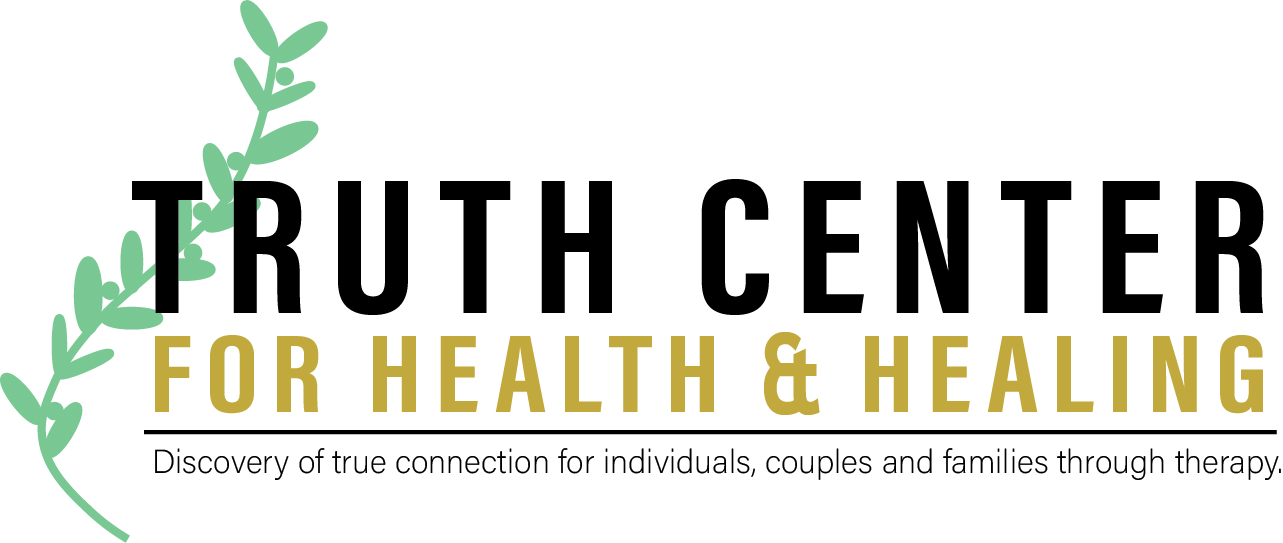In today’s fast-paced world, financial stress has become an increasingly common concern, affecting millions of people. From paying off debt to worrying about the rising cost of living, the weight of financial instability can take a significant toll on mental health. But what many don’t realize is that therapy can help alleviate some of that stress. However, accessing therapy is often seen as expensive or out of reach for those who are struggling financially. In this blog post, we will discuss the connection between financial stress and mental health and explore affordable therapy options to support your well-being.
The Strain of Financial Stress on Mental Health
Financial stress can manifest in various ways, from constant anxiety and feelings of helplessness to more severe issues like depression and burnout. According to a 2021 survey conducted by the American Psychological Association (APA), money is one of the top sources of stress for Americans. The financial burden of paying bills, managing student loans, and saving for retirement can easily overwhelm anyone.
The psychological impact of financial stress is undeniable. When money is tight, people often experience feelings of inadequacy or fear about their future. Constant worrying about finances can also lead to sleepless nights, a lack of focus, and even strained relationships with loved ones. All of these factors can contribute to mental health problems, making it harder for individuals to break free from the cycle of financial worry.
The good news is that therapy can help reduce the impact of financial stress on mental health. Talking to a therapist can provide emotional support, help you develop coping mechanisms, and work through the deeper emotional issues that contribute to financial stress. However, despite its benefits, therapy can seem unaffordable for many people, especially those facing financial difficulties.
How Therapy Can Help Manage Financial Stress
Therapists are trained to help individuals address a wide range of mental health issues, including those related to financial stress. Here are a few ways therapy can help:
- Cognitive Behavioral Therapy (CBT): CBT helps individuals identify and challenge negative thought patterns. If financial stress is causing you to spiral into anxiety or worry, CBT can help you reframe those thoughts and reduce unnecessary stress. By teaching healthy coping strategies, CBT can be a highly effective treatment for managing stress related to financial concerns.
- Stress Management Techniques: Therapy provides a safe space where you can learn to better manage your stress. Deep breathing exercises, relaxation techniques, and mindfulness practices can all be introduced to help you stay grounded during difficult financial times.
- Financial Therapy: Some therapists specialize in financial therapy, combining financial planning with emotional support. This type of therapy helps individuals address the psychological and emotional aspects of money management, while also providing tools for budgeting, debt repayment, and saving. Financial therapists can help you improve your relationship with money and alleviate the guilt or anxiety surrounding your financial situation.
Affordable Therapy Options: How to Access Help
While traditional therapy might seem financially out of reach for many, there are plenty of ways to access affordable mental health care. Here are some practical tips for finding therapy options that won’t break the bank:
1. See a Therapist in Training (Interns or Graduate Students)
One of the most affordable ways to access therapy is by seeing a therapist in training. Many universities with psychology, social work, or counseling programs offer low-cost therapy sessions conducted by graduate students or interns under the supervision of licensed professionals. These interns are often highly trained and enthusiastic about helping others, and they typically offer services at a fraction of the cost of traditional therapy.
These services are generally available at local universities or mental health clinics that have partnerships with academic programs. To find a program near you, simply search for “graduate student therapy services” or “therapy interns [your location]” to find options.
2. Sliding Scale Therapy
Many licensed therapists offer sliding scale fees, which means they adjust the cost of therapy based on your income. If you are struggling financially, it’s worth inquiring whether a therapist offers this option. Sliding scale therapy makes therapy more accessible for people of varying income levels.
To find a therapist with sliding scale fees, you can use websites like TherapyDen, Open Path Collective, or GoodTherapy, which allow you to filter by cost, location, and therapy type. These platforms can help you connect with affordable therapists near you.
3. Online Therapy Platforms
If in-person therapy is not an option due to cost or time constraints, online therapy services can be a more affordable alternative. Platforms like BetterHelp, Talkspace, or 7 Cups offer therapy sessions via video, phone, or text for a lower price than in-person visits. These platforms also often have subscription-based models, which can make mental health care more budget-friendly.
Many online platforms also provide access to therapists who specialize in financial stress or anxiety, so you can choose someone who understands your unique situation.
4. Community Health Clinics
Community health centers and nonprofit organizations often offer mental health services at low cost or even for free. These clinics may have partnerships with local universities, allowing graduate students to offer therapy under supervision. Additionally, community health centers frequently provide counseling services for people in financial hardship.
To find these services, check with your local health department or search for community clinics in your area. You may also want to look for mental health organizations in your community that provide sliding scale therapy or offer grants for mental health support.
5. Nonprofit Organizations and Support Groups
Many nonprofit organizations focus on mental health and offer free or low-cost therapy. For example, organizations like The National Alliance on Mental Illness (NAMI) provide a wealth of resources and offer support groups for individuals dealing with financial stress and mental health struggles.
Support groups can be a valuable resource for those seeking affordable mental health care. They offer a space to share your experiences with others facing similar challenges while receiving emotional support and practical advice.
Conclusion
Financial stress is a pervasive issue that affects millions of people and has significant implications for mental health. However, therapy can be an invaluable tool for managing that stress and improving your overall well-being. If cost is a concern, there are affordable therapy options available, including seeing therapy interns, utilizing sliding scale services, and exploring online platforms. With the right resources and support, it’s possible to take steps toward mental wellness without adding more financial strain. At Truth Center for Health and Healing, we are here to help you navigate these challenges with compassionate care and flexible, affordable options. Don’t let the cost of therapy hold you back from seeking the help you deserve. Your mental health is worth the investment, and we are here to walk alongside you every step of the way. We offer low-cost teen counseling in Philadelphia to help serve our community.
If you’re ready to move forward, please don’t hesitate to give us a call at 267-209-0628, send us an email at info@truthcenterhh.com, or visit our website at truthcenterhh.com to book your free 15-minute consultation. We look forward to supporting you on your journey to healing and growth.





